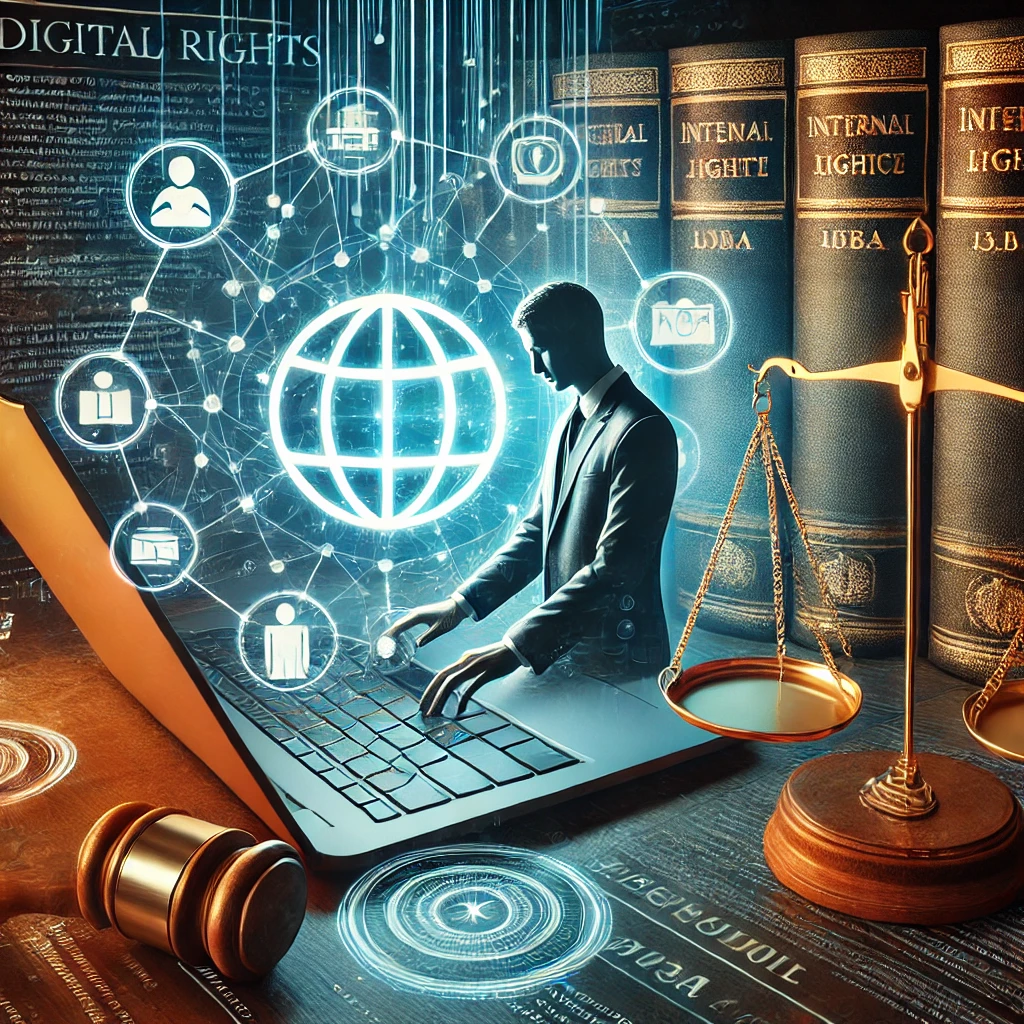Cyber Law at Iran
Iran's cyber law framework is primarily governed by the Computer Crimes Law (CCL), enacted in 2009, which addresses a broad spectrum of cyber activities, including data breaches, unauthorized access, cyber fraud, and the dissemination of illicit content.
🧾 Key Provisions of the Computer Crimes Law
1. Unauthorized Access and Data Interference
Article 1: Penalizes unauthorized access to protected data or computer systems with imprisonment ranging from 91 days to 1 year, or fines between 5 million to 20 million Rials, or both
Article 8: Criminalizes the deletion, destruction, or alteration of data without authorization, imposing penalties of 6 months to 2 years of imprisonment, or fines between 10 million to 40 million Rials, or both
Article 9: Targets unauthorized actions that disable or disrupt the function of computer or telecommunication systems, with similar penalties as Article 8
2. Cyber Fraud and Theft
Article 12: Addresses unauthorized acquisition of data, imposing fines ranging from 1 million to 20 million Rials, or imprisonment from 91 days to 1 year, or both
Article 13: Focuses on obtaining financial benefits through unauthorized data manipulation, with penalties of 1 to 5 years of imprisonment, fines between 20 million to 100 million Rials, or both, in addition to restitution of property
3. Obscene Content and Public Morality
- The law criminalizes the production, distribution, and sale of obscene computer content, with penalties including imprisonment from 91 days to 2 years, fines between 5 million to 40 million Rials, or both
4. Unauthorized Spying and Espionage
Article 3: Penalizes unauthorized access to secret data, with penalties ranging from 1 to 3 years of imprisonment, or fines between 20 million to 60 million Rials, or both
Article 4: Targets unauthorized attempts to access secret data, imposing penalties of 6 months to 2 years of imprisonment, or fines between 10 million to 40 million Rials, or both
🏛️ Regulatory Oversight
The Supreme Council of Cyberspace (SCC), established in 2012, oversees Iran's cyberspace policies, including internet governance and data protection. The council's responsibilities encompass the creation of a national information network and the regulation of internet content to align with national interest.
⚖️ Human Rights Concerns
Critics argue that the Computer Crimes Law infringes upon freedom of expression, with provisions that criminalize legitimate online activities. The law's vague definitions and severe penalties have been criticized for enabling arbitrary enforcement and suppressing dissent.












comments